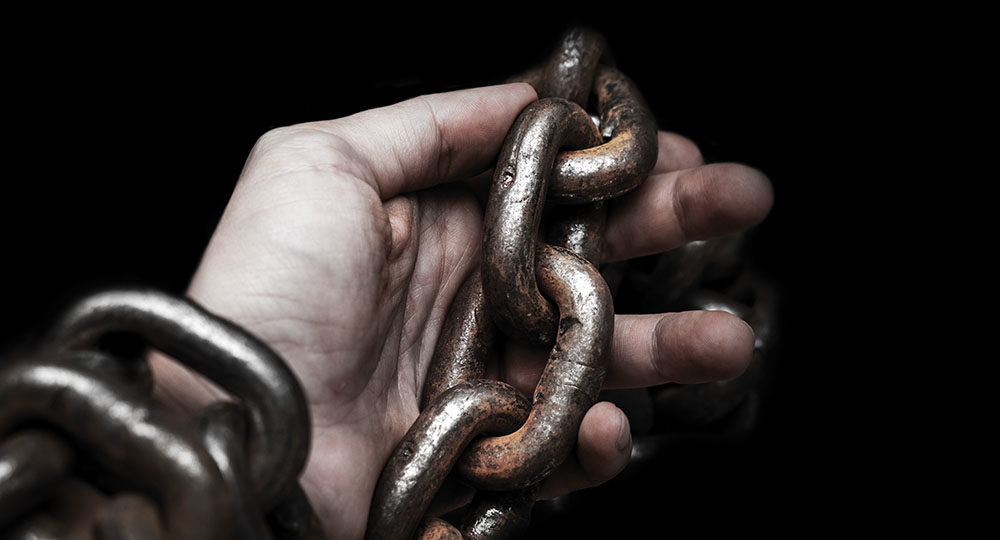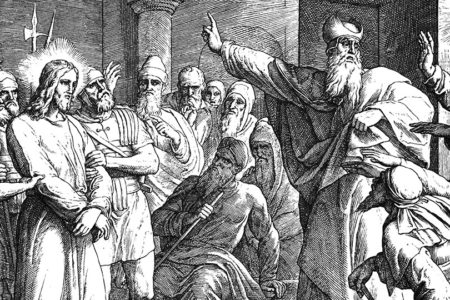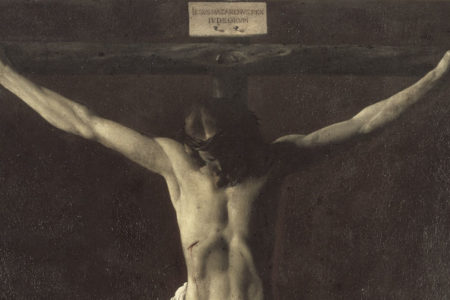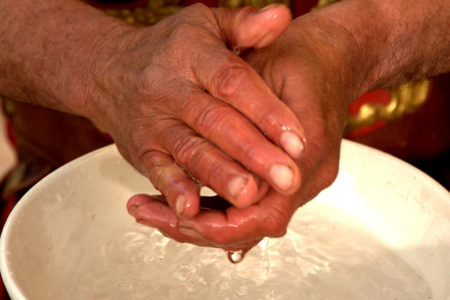Voices From The Slave Market
“I have heard their groans and sighs, and seen their tears, and I would give every drop of blood in my veins to free them.”
—Harriet Tubman
With such pathos-filled words, the abolitionist heroine wept for the slaves of the 19th century. But there are few Harriet Tubmans today who care to weep for the women and children pleading for help in dusty slave markets in Sudan and Mauritania. The majority of American politicians—white and black—has turned a deaf ear to the voices raised by these 20th-century slaves, the majority of whom are Sudanese Christians. Some say they know abut the issue but are not prepared to do anything. A comment from the chairman of the Congressional Black Caucus, US Representative Don Payne of New Jersey, reported by Jeff Jacoby of the Boston Globe, seems to speak for the prevailing attitude in the nation’s capital. Slave trade is, he said, a “sub, sub issue.”
The facts are there for those who care to look. Recently two reporters from the Baltimore Sun purchased, then set free, two boys enslaved in Sudan. Their action came in the wake of a challenge by Nation of Islam leader, Louis Farrakhan. If slavery exists,” he said, “why don’t you go as a member of the press? And…if you find it, then come back and tell the American people what you have found.” Reporters Gilbert Lewthwaite and Gregory Kane took up his challenge and discovered reports of the slave trade to be a chilling reality. The two boys were purchased for about $500 each.
Charles Jacobs, director of the Boston-based American Anti-Slavery Group, makes a serious point. “Every schoolchild in America knows that women have been raped in Bosnia. Everyone knows the whales have to be saved. But no one seems to realize you can buy a black woman as a slave for as little as $15 in Khartoum [Sudan].” This being true, there is a question to be answered: “Why not?”
Issues raised by that question were made painfully clear in a statement found in an editorial in Charles Colson’s BreakPoint. “How slave traders target Sudanese Christians reminded me of another persecuted people—the Jews of the Warsaw ghetto. To the shame of American Christians it has taken a Jewish writer—columnist Michael Horowitz—to expose the slavery of Sudanese Christians in publications like the Wall Street Journal. In his colorful prediction, Christians will be the Jews of the twenty-first century.”
This younger generation would do well to be listening to men like Jacobs and Horowitz. They come from a people who have seen all of this before. If we fail to hear, or act, we may one day find ourselves wearing shackles alongside our Sudanese Christian brothers and sisters.







